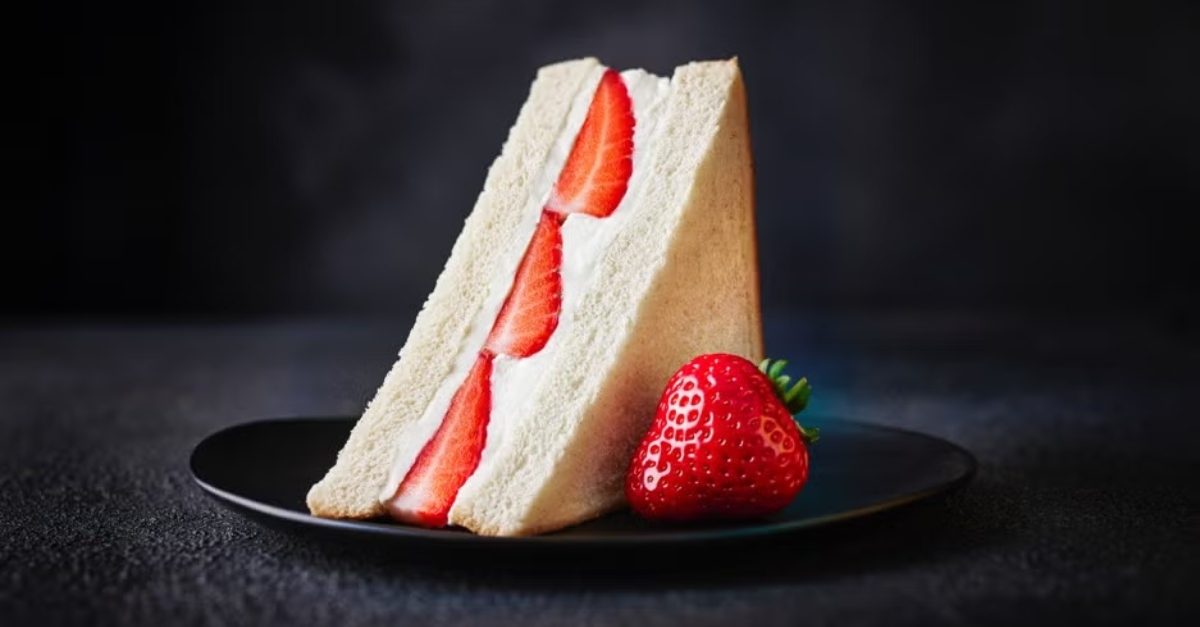Marks & Spencer's latest culinary offering – a strawberries and cream sandwich inspired by Japan's viral "fruit sando" – has captured not just the public’s imagination (and ire), but also the attention of tax experts.
At the heart of the debate is a deceptively simple question – is it a standard-rated confectionery item, or a zero-rated sandwich for VAT purposes?
This forms part of a broader (and surprisingly fraught) discussion – when is a sandwich really a sandwich? We sometimes call a Victoria sponge cake a Victoria sandwich, but it’s not a sandwich. A hot dog arguably meets the structural definition of a sandwich, yet we rarely think of it as one. But this isn’t just semantics, VAT is at stake.
Under current UK VAT rules, sandwiches are generally zero-rated, while confectionery attracts the standard 20% rate. M&S’s new sweet treat muddies the line between dessert and sandwich. Tax experts suggest it could fall under a legislative amendment covering "sweetened prepared foods eaten with the fingers,” potentially pushing it into taxable territory.
The strawberry sandwich row joins a long history of similar cases, from the infamous Jaffa Cake decision to pasty temperature tests, highlighting the frighteningly complex world of food tax law in the UK.
Culinary clashes
- Jaffa Cakes – in 1991, the Jaffa Cake case shocked the nation. HMRC contended they were chocolate-covered biscuits (standard-rated), while McVitie's argued they were cakes (zero-rated). Ultimately, partly because they go soft when stale, as opposed to hard, the tribunal ruled in favor of McVitie's, classifying Jaffa Cakes as cakes.
- Greggs sausage rolls – to maintain zero-rated status, Greggs sells their sausage rolls at room temperature, as hot takeaway food is subject to VAT.
- Sensations Poppadoms – in early 2024, Walkers lost a court battle when judges ruled that their mini poppadoms were, for tax purposes, actually crisps, despite being consumed in a completely different way. The argument that won out is that poppadoms are potato-based and packaged for human consumption – the way they’re eaten is secondary.
- KFC dip pots – a 2024 case determined that KFC's dip pots were part of the hot meal and thus subject to VAT. This is interesting as it shows an opposite ruling to the Walkers poppadom case, as the tribunal focused on how the product is consumed.
- Pringles – Procter & Gamble argued that Pringles were not potato crisps and should be zero-rated. After all, they contain less than 50% potato, and were more akin to a cake or a bread. However, the court ruled they contained enough potato content to be classified as crisps, making them standard-rated.
Food for thought
The classification of M&S's strawberry and cream sandwich could have significant financial implications. If deemed confectionery, it would be subject to 20% VAT, and M&S would be forced to reconsider the viability of the product.
The M&S strawberry and cream sandwich VAT debate is a great example of how thin the line is between a big tax bill and a zero-rated snack. The difference between this delicious treat becoming your regular guilty pleasure and you never thinking about them ever again might well depend on how they’re taxed.
🍓 Tax isn’t always a picnic…
But with the right training, it doesn’t have to be a food fight. Check out our tax courses to stay on top of the latest rules, rulings, and recipe-related rate rows.

You need to sign in or register before you can add a contribution.